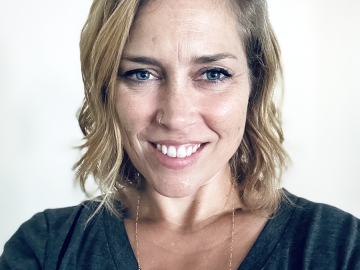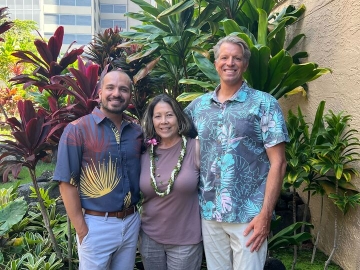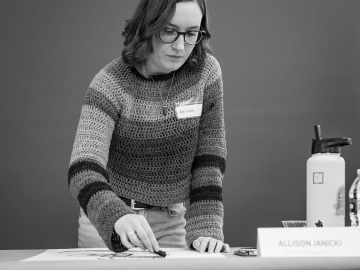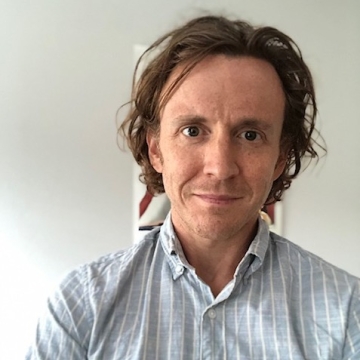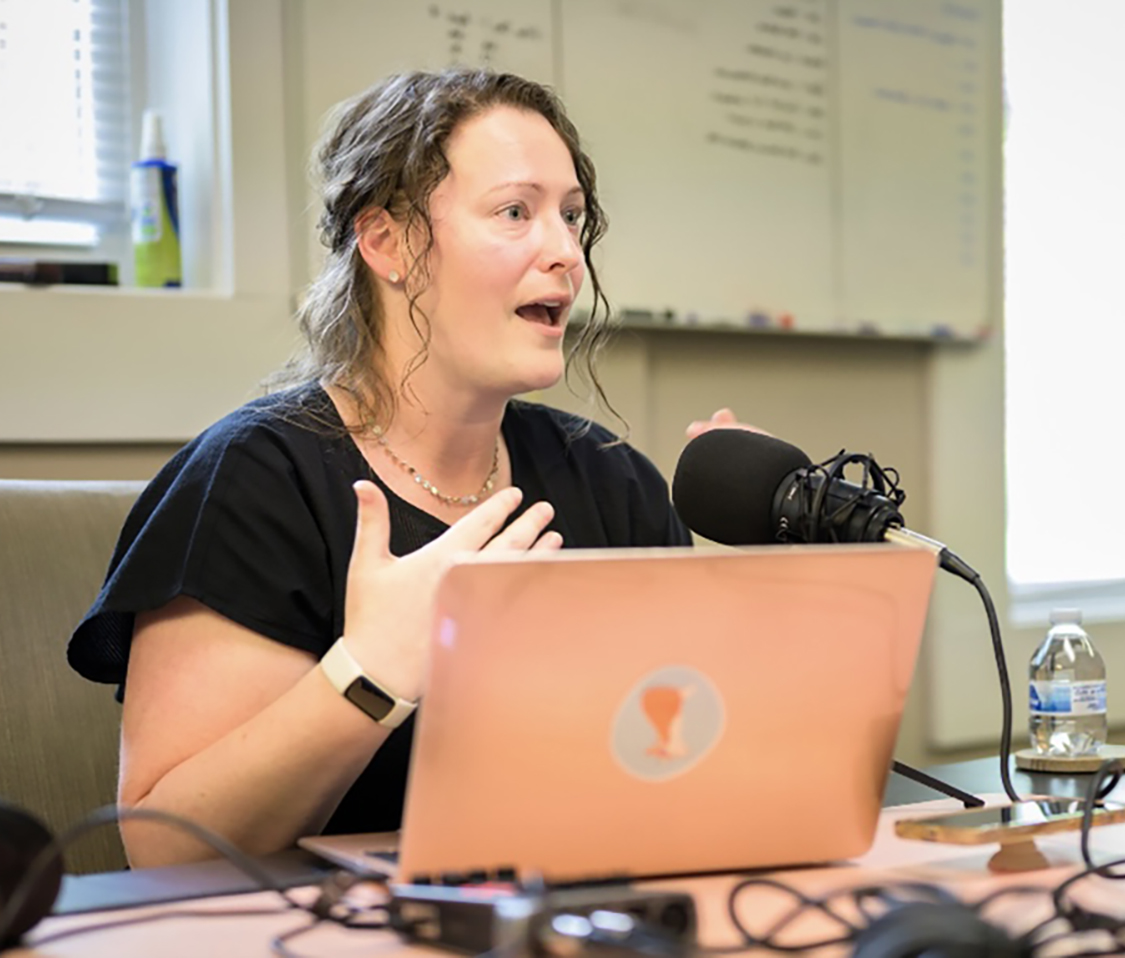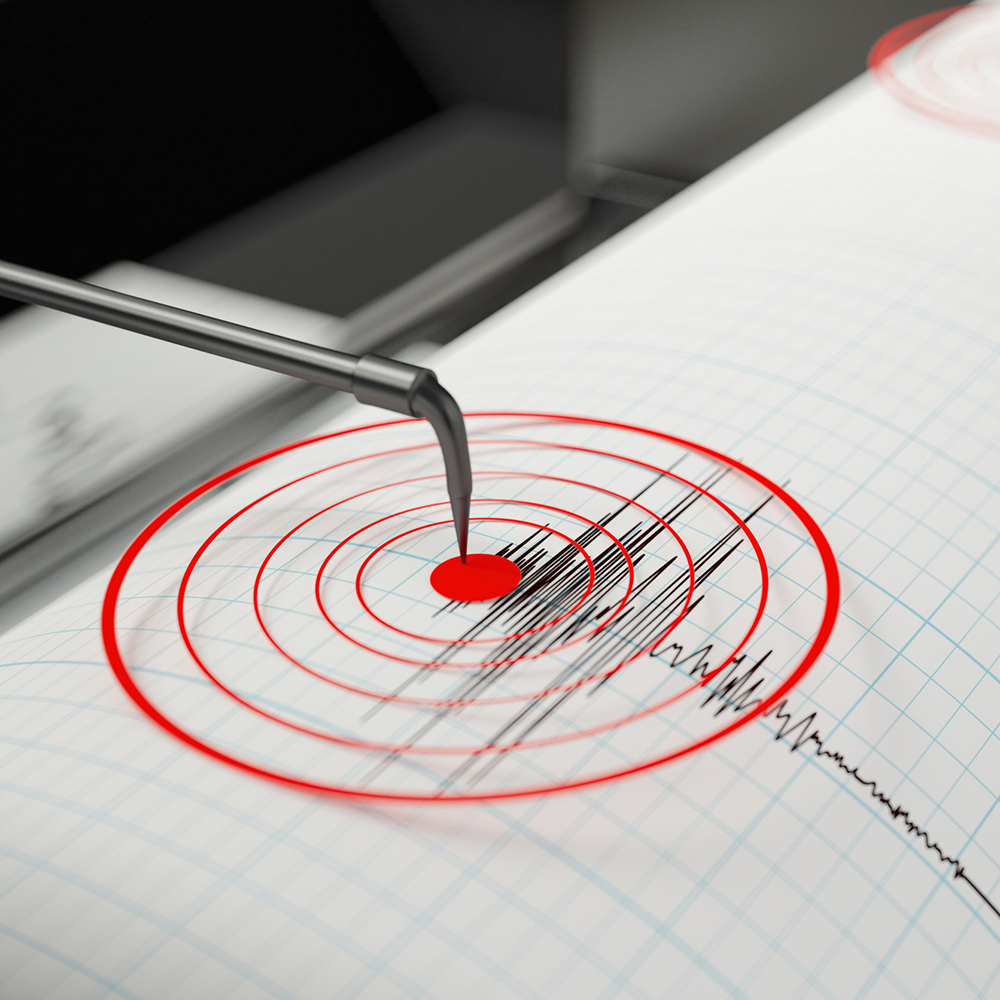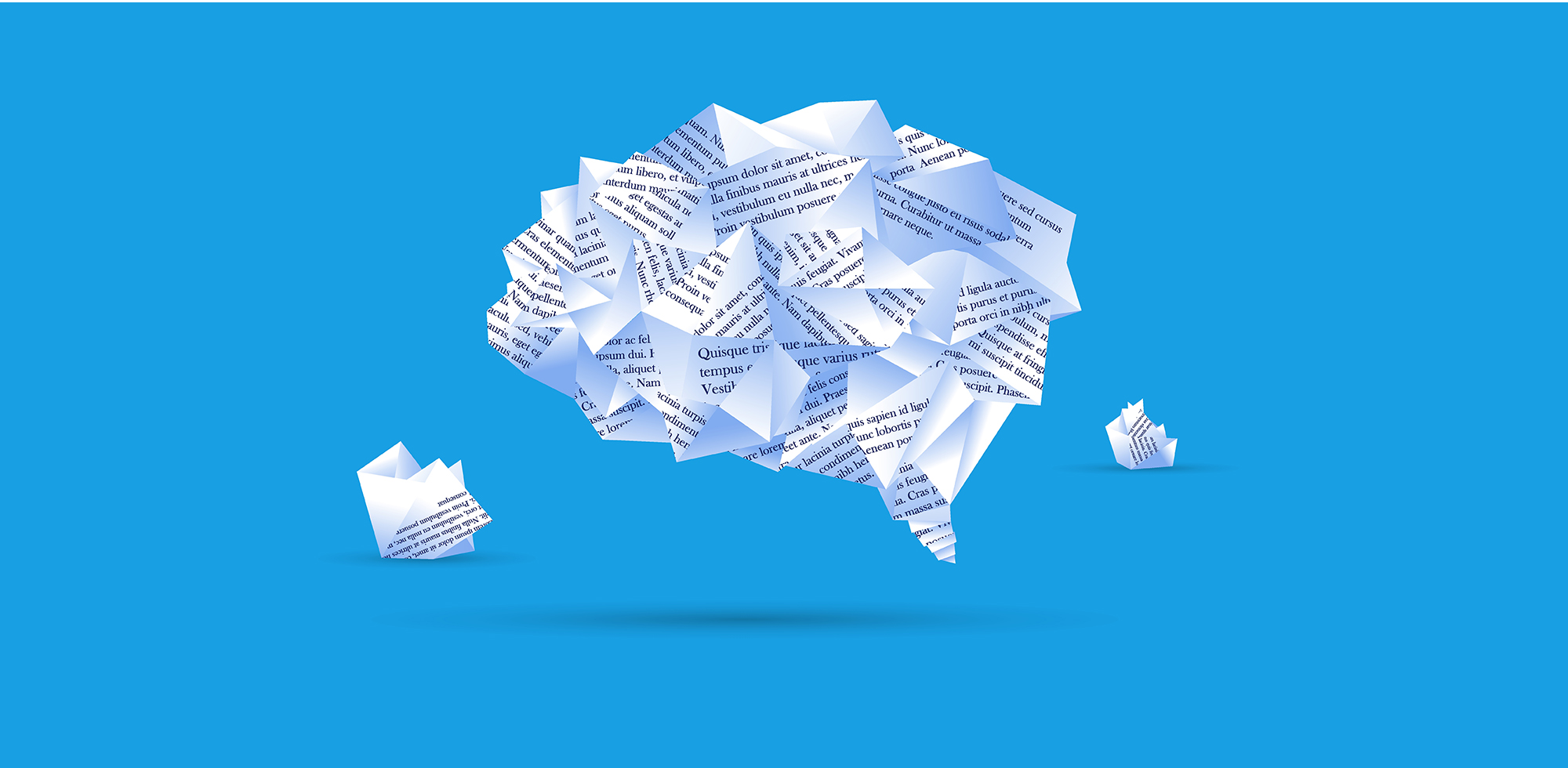
Editing Careers in the Digital Age
A certificate program shows how learning editing fundamentals opens doors to unexpected futures.
Written by Philip Baker. Read time – 5 minutes
- Writing and Editing
The classic image of editing, carried out in publishers’ offices with red pens and manuscript pages, looks quite different today. Editors work across AI-assisted platforms with content that skips from print to podcast to social media, all while making decisions about tone, accuracy, audience, and more. If technical rules are still the foundation—when to use a hyphen, how to format citations—having the fluency to know when those rules can yield to voice or impact is what distinguishes today’s editors.
The University of Chicago’s Editing certificate grounds students in The Chicago Manual of Style while developing the editorial judgment to make these decisions. Students go on to launch careers across the spectrum of editorial work—from traditional book and magazine publishing to content strategy, UX writing, and technical documentation, with some starting their own editorial businesses. In a publishing world reshaped by technology, the certificate gives students the versatility to succeed across traditional and emerging communication platforms.
Permission to dream bigger
For Liz Long, a longtime editor and publisher who’d risen from receptionist to the editorial helm at Virginia’s oldest magazine, the Editing certificate wasn’t a matter of gaining credentials. “My goal wasn’t to add a line to my resume,” Long explains. “It was to grow, to keep evolving. This program gave me the confidence to shape the next chapter.”
In addition to expanding her freelance editing business, Long used her coursework as a springboard to draft a seventy-page proposal for a new publishing imprint at her company. The certificate helped her reimagine what her organization could do. “We’re looking at not just growing vertically but also horizontally into interesting and wonderful new opportunities,” she says.
“The program helped me relearn the foundations and speak with authority,” she explains. That authority translated into new business confidence: “Now I know my worth, and I know what the work costs, what I bring, and when to say no.”
From apprentice to entrepreneur
Allie Boman’s editing journey began with a Craigslist ad looking for editorial help that then became an apprenticeship in scientific editing. But when she tried to expand her client base, Boman hit a wall. Her background—a music degree followed by fifteen years in nonprofits—didn’t convey editorial expertise.
The UChicago certificate gave her the credibility she needed, and it also deepened her familiarity with a range of genres. Perhaps most importantly, an elective on freelancing transformed her approach to business development. “That class helped me go from stabbing in the dark to making a plan and working the plan,” she says.
Today, her firm, Boman Communications, works with nonprofits, research institutions, and small businesses. The agency’s mission—“communicating science for the public good”—shapes the work they accept from environmental science papers to websites for organizations supporting underserved students.
The numbers game
In a home office with her two rambunctious dogs nearby, Helen Armalas reviews manuscripts for Penguin, Macmillan, and Bloomsbury. It’s a reality that seemed impossible when she was trapped in corporate roles after graduating from college. The certificate was the bridge out of that career.
“I’ve always loved writing. I’ve always loved reading. I’ve always just wanted to work with words. I just never thought I could independently support myself pursuing it as a career,” she says.
Two courses in particular made it all possible: Advanced Manuscript Editing, where she edited an entire manuscript, and Freelancing in Medical Writing and Editing, which showed her how freelancing could be a viable career. Armed with these experiences, she launched what she calls her “numbers game,” which entailed cold-emailing hundreds of publishers and tracking each one in a spreadsheet. Within nine months, she was working with Penguin, Macmillan, and university presses.
She has a simple piece of advice: “Always put the University of Chicago name in your pitch. It has such good name recognition.”
Building Hawaiian perspectives
In Hawaiʻi, at Kamehameha Publishing, educators-turned-editors are reshaping how Hawaiian culture reaches young readers after completing UChicago’s Editing certificate. Miki Maeshiro and Chris McAdoo, both veteran educators, joined the publishing house to develop materials presenting lessons through a Hawaiian lens. The idea was to address the long-standing problem of mainland-centric educational resources.
The certificate program gave them the skills to match their educational expertise with editorial ability. “None of the big publishers are providing resources that really speak to these experiences,” McAdoo says. “I feel like I have a new language to describe what I’m doing each day.”
Their colleague Ākea Kahikina makes decisions about Hawaiian language translation, spelling, and orthography using lessons he’s taken from the certificate. “The program gave us specific tools that, in many cases, we’ve been able to apply directly,” he says, “but it also provided us with the broader editing framework we need when working in areas that are unique to the Hawaiian language.”
Discovering a voice
For Allison Janicki, editing became the perfect way to combine creativity with precision. “Being able to work in a creative industry while having the skills to know when a comma is misplaced or when there’s a double space—those two sides of my personality blend so beautifully,” she says.
Starting out as a library staff member, Janicki leveraged the certificate to advance her career from production assistant to editorial manager to project manager at a book consulting firm, while also running her own freelance business. “Before taking the courses, you edit just on what you think sounds right. But having legitimate tools and knowing the reasons why something is wrong—that was totally different.”
Janicki gives back to the program as part of the Professional Development Certificate Programs Student Advisory Board, where she helps organize events for the community and spreads the word to others who might find it the perfect connection she did. “It was kismet,” she says. “It really instigated my love of publishing and editing.”
The confidence factor
A theme that repeats itself across these paths is that UChicago’s Editing certificate provides the skills and confidence to reimagine professional possibilities. In this sense, it’s both program and catalyst. It’s proof that in an industry transformed by technology, the editors who thrive are those who know editing is a set of rules to follow and also a foundation for building something new.
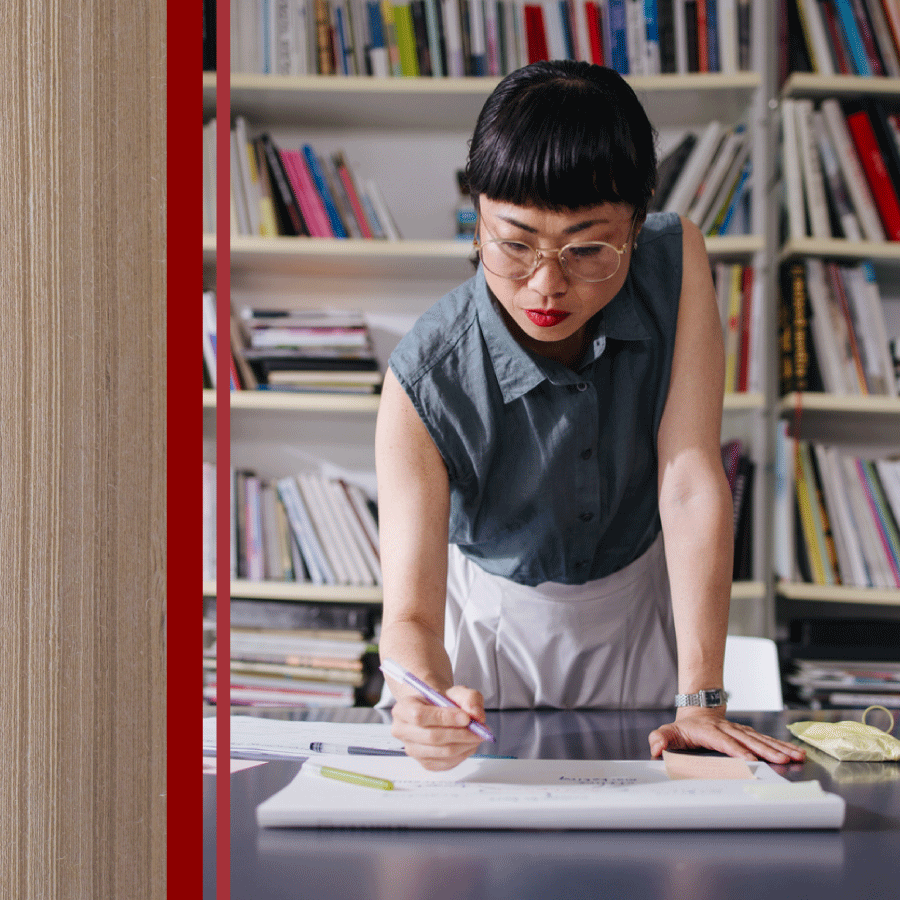
Learn the Skills that Help You Stand Out
UChicago's Editing certificate program can help you discover where your career can take you. Learn a variety of editing skills, insider know-how, and expert insights.
Learn more

